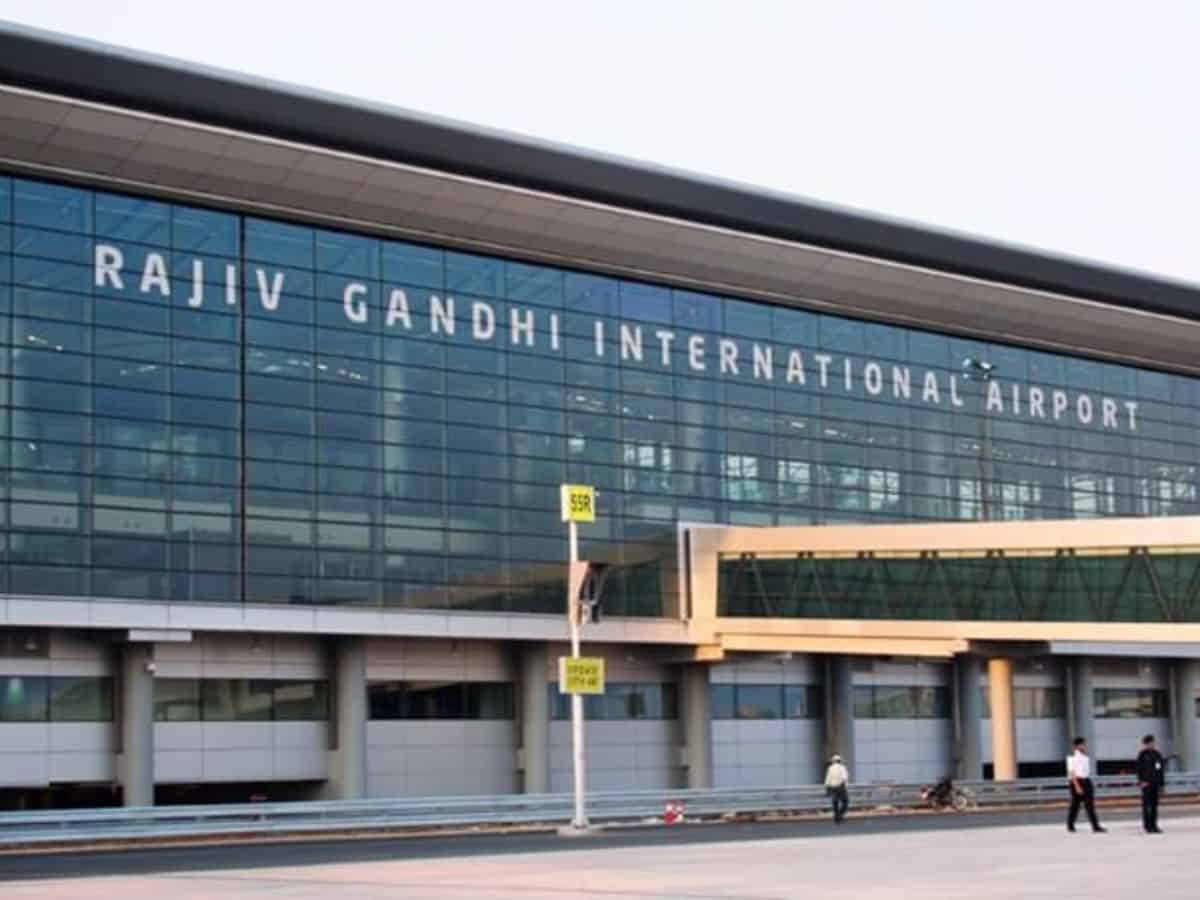
Hyderabad: The Hyderabad airport has recorded a 22 percent year-on-year cargo growth in 2024, handling 1,80,914 metric tonnes (MT). The surge was driven by a 36 percent increase in international cargo to 1,08,520 MT and a 5 percent rise in domestic cargo to 72,395 MT.
Hyderabad airport has reported that pharmaceutical cargo accounts for 72 percent of its total exports. The United States and Europe remained top export destinations, reportedly contributing 51 percent of total exports.
Further, Rajiv Gandhi International Airport (RGIA) HAS strengthened its global connectivity with Ethiopian Airlines launching freighter services to Addis Ababa and Lufthansa Cargo leading to direct operations using Boeing 777F freighters from Hyderabad.
Hyderabad airport tops cargo import efficiency for 2nd yr
Hyderabad airport was also recognized as the best performing airport for cargo import release times for the second consecutive year in the National Time Release Study (NTRS) 2024, published by the Central Board of Indirect Taxes and Customs (CBIC). It was also ranked second-best for export release times.
To meet rising cargo demand, Hyderabad airport is expanding its infrastructure. Cargo Terminal 1 is being upgraded with new facilities, including an International courier/express terminal and an export perishables terminal.
Whereas, cargo terminal 2 is under construction, with phase 1 set to open this year, which is expected to increase handling capacity. Additionally, 20,000 square feet of new warehousing space is being developed within the RGIA Cargo Village.
The chief executive officer (CEO) of GMR Hyderabad International Airport, Mr Pradeep Panicker stated, “We are pleased at the remarkable growth in cargo operations at HYD airport in CY’24. This achievement underscores our commitment to excellence in both international and domestic cargo handling, with a standout growth in international cargo. As a leading hub for cargo in India, we remain dedicated to developing world-class infrastructure, optimizing processes, and enhancing our capacity to serve diverse cargo needs.”



